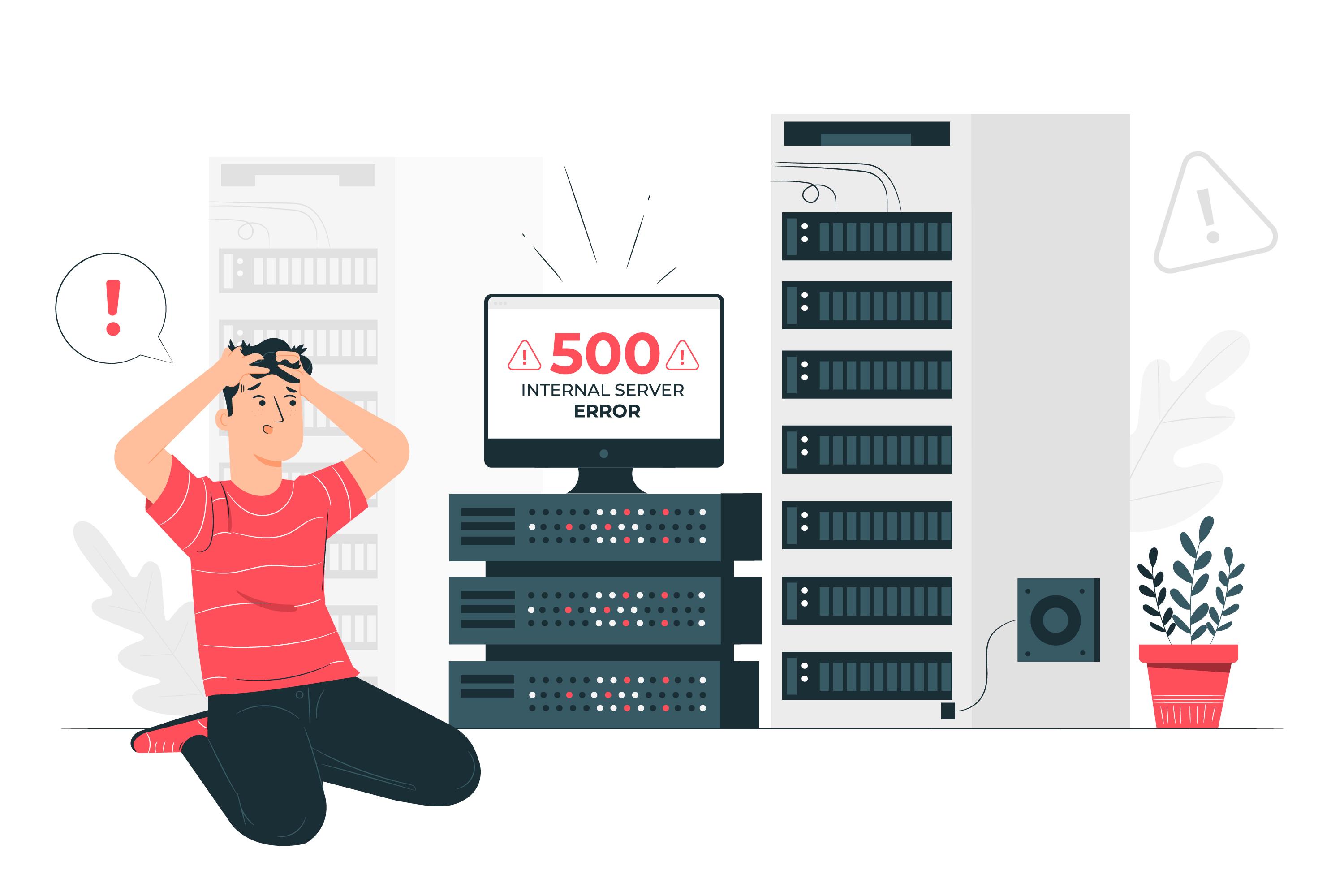In light of the current geopolitical tensions and economic challenges in Lebanon and the wider MENA region, businesses must proactively prepare for potential disruptions. Ensuring the continuity of operations during crises is essential. In this article, we explore key strategies to safeguard your business, focusing on cloud adoption, data backups, and being prepared for challenges like internet loss, power outages, and physical damage to infrastructure.
1. Migrate to Cloud-Based Solutions
One of the most effective ways to ensure business continuity is by adopting cloud-based solutions. Cloud platforms allow businesses to store data remotely, ensuring access to critical applications and files even if local servers or the internet connection is lost. With cloud services, you can access and manage your operations from any location, which is particularly important in areas experiencing power or internet outages. For Lebanese businesses, this means that if local infrastructure is damaged or unreliable, you can still run your business efficiently.
According to Arab News, cloud adoption is pivotal for businesses in the MENA region to maintain operations during unforeseen events.
2. Implement Robust Data Backup Systems
In times of crisis, ensuring that your data is safe and recoverable is critical. Use cloud-based backup systems to securely store your data off-site. If your local servers are compromised due to electricity outages, physical infrastructure damage, or internet connectivity issues, having remote backups will ensure that your business can recover quickly. It's also essential to encrypt backups to protect your data from cyber threats that often accompany crises.
3. Develop a Comprehensive Business Continuity Plan (BCP)
A well-structured Business Continuity Plan (BCP) is a must for any business, especially in regions with instability. Your BCP should include detailed plans for how your business will operate in the event of internet loss, electricity outages, or physical damage to local infrastructure. This plan should also outline your communication strategy, alternate work arrangements (such as remote work), and procedures for recovery after a disaster.
4. Establish Remote Work Capabilities
Prepare for the possibility that your physical office or servers may be inaccessible. Implementing remote work solutions with secure access to cloud services and internal systems will ensure that your employees can continue to work from home or alternate locations. Using secure communication tools like VPNs, video conferencing, and cloud-based collaboration platforms will enable business operations to continue seamlessly even when physical offices or infrastructure are disrupted.
5. Mitigate Risks of Power Outages and Physical Damage
Lebanon and many parts of the MENA region often experience power outages or infrastructure issues due to geopolitical instability or weather conditions. To mitigate these risks, invest in backup power solutions like uninterruptible power supplies (UPS) for your servers and critical equipment. Additionally, ensure that your physical infrastructure, including offices and data centers, are resilient to damage from natural or man-made disasters. Consider distributed infrastructure options where key components of your business are hosted in different locations to minimize the impact of a localized disaster.
6. Monitor and Adapt to Emerging Threats
Staying informed about regional developments is crucial to your preparedness. Subscribe to relevant news sources, follow updates from local authorities, and engage with industry forums. You must remain agile and adapt your strategies as new threats emerge. This can include adjusting your digital infrastructure or even rethinking how your business can operate under changing conditions.
Conclusion
While we cannot control external events, we can control how we prepare for them. By adopting cloud solutions, ensuring data integrity with backups, and having a comprehensive continuity plan, businesses in Lebanon and the MENA region can navigate crises with resilience. At [Your Company Name], we specialize in helping businesses implement these strategies effectively. Contact us today to fortify your operations and protect your business from unforeseen challenges.

